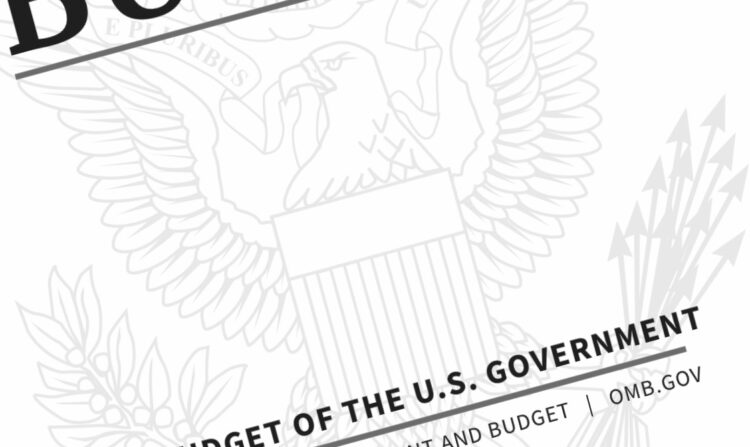You are leaving The Concord Coalition.
By clicking “Continue”, you will be directed to the website of Concord Action, an independent 501(c)(4) organization.
You are leaving Concord Action.
By clicking “Continue”, you will be directed to the website of The Concord Coalition, an independent Concord 501(c)(3) organization.








